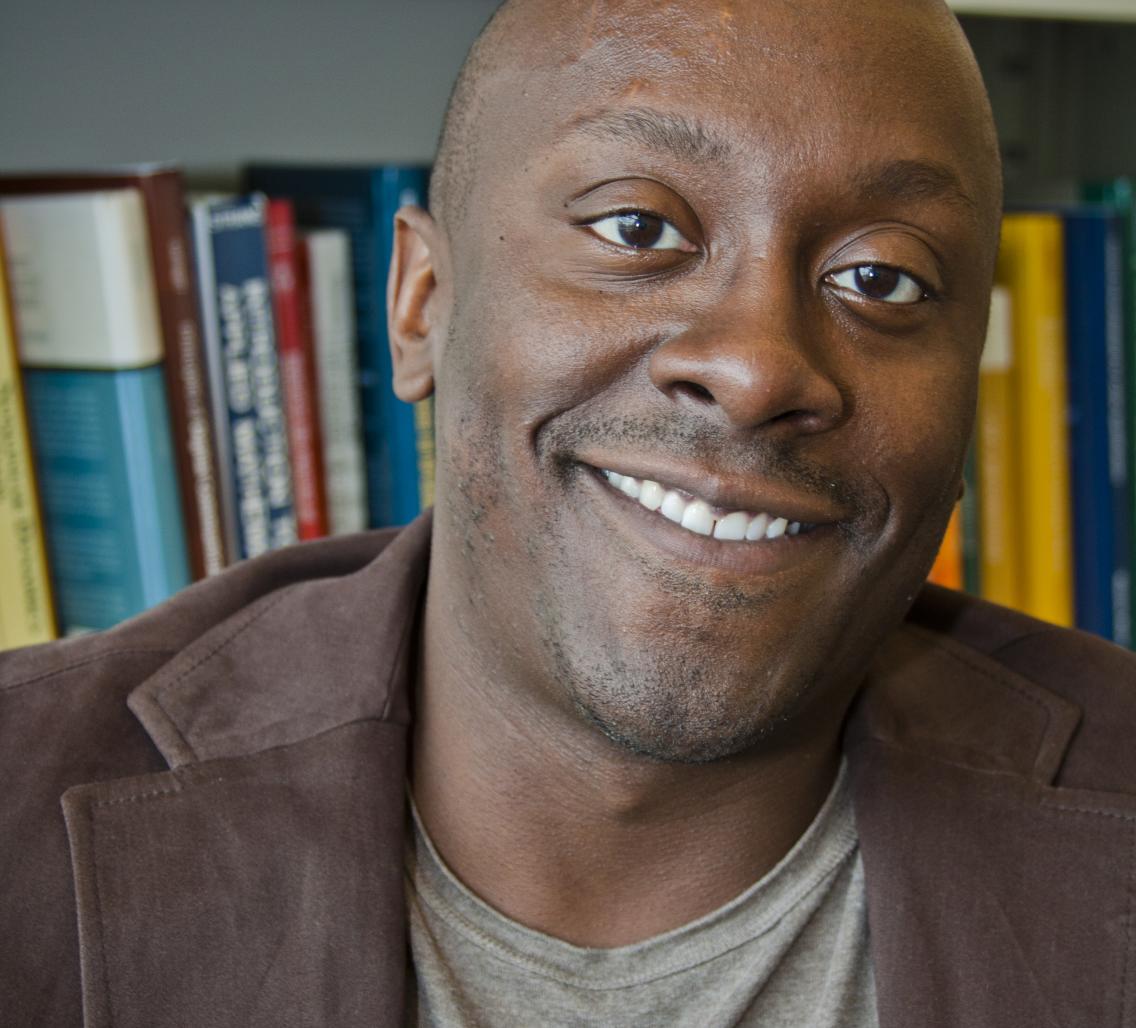Event Details:

Todd Coleman, PhD
Professor in the Department of Bioengineering
University of California, San Diego
Abstract
Gastrointestinal (GI) problems are the second leading cause for missing work or school after the common cold, giving rise to 10 percent of the reasons a patient visits their physician and costing $142 billion annually. Although obstructions and infections are easy to diagnose, more than half of GI disorders involve abnormal functioning of the GI tract, where diagnosis entails subjective symptom-based questionnaires or objective but invasive, intermittent procedures in specialized centers. In this talk, we will describe electrical waves of pacemaker activity that underlie contractions for digestion, how they are modulated by the nervous system, and how their propagation patterns can go awry in GI disorders. We will describe our development of high-resolution multi-electrode abdominal recording systems along with dynamic spatial signal processing methods that in concert enable extraction of propagation patterns that are typically acquired invasively in specialized centers. We will also discuss our development of a miniaturized recording system that has enabled ambulatory recordings, helped to solve a complicated case in patient care, and quantified a causal link between autonomic nervous system function and spatial slow wave patterns. We will conclude with a vision for how advancing objective assessment of the digestive system with applied mathematics and technology development has potential to advance gastroenterology and catalyze scientific advances in elucidating the electrical interplay between the brain and gut.
Bio
Todd P. Coleman received B.S. degrees in electrical engineering and computer engineering from the University of Michigan. He received M.S. and Ph.D. degrees from MIT in electrical engineering and did postdoctoral studies at Mass General Hospital in neuroscience. He is currently a Professor of Bioengineering at UCSD and directs the Neural Interaction Laboratory, which uses tools from applied probability, physiology, and bio-electronics to address basic science and translational problems. Dr. Coleman has been selected as a National Academy of Engineering Gilbreth Lecturer, a TEDMED speaker, and a Fellow of the American Institute for Medical and Biological Engineering.